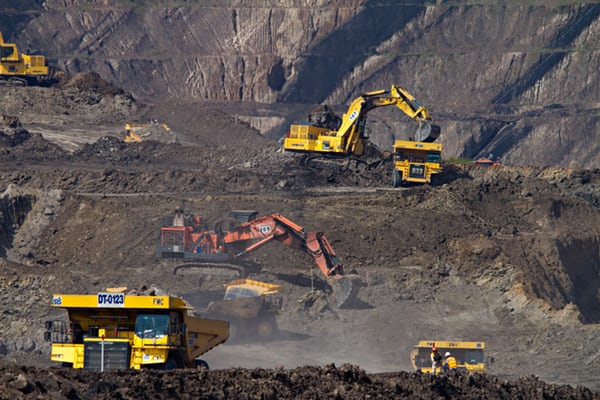
By Raj K Sahu
India’s tax landscape changed permanently on July 1, 2017 with the rollout of the revolutionary Goods and Services Tax (GST). It was supposed to subsume a plethora of indirect taxes to unleash a new regime of one nation one tax. GST was supposed to answer all questions on indirect taxation, but even after three years, it creates more confusion than ever before.
GST Council, the regulatory-cum-administrative set up under the GST regime, meets regularly to iron out issues related to the three-year-old indirect tax regime. It has successfully addressed many issues in the past to provide relief to the industry, but still there are many issues that need to be addressed. One such issue is the compensation cess on coal. The next GST Council meeting is scheduled in the first week of October under difficult circumstances when the economy is facing the severest crisis since independence. This offers the Council an opportunity to provide some relief to troubled sectors such as power, metal and mining.
READ I Insolvency resolution: Why corporate MSMEs deserve special treatment
The GST compensation cess on coal is charged at Rs 400 a tonne at present. This was initially imposed as a coal cess at Rs 50 per tonne in 2010. It was raised to Rs 200 a tonne in 2015 and later to Rs 400 per tonne in 2016. In July 2017, with the advent of GST, it became the GST compensation cess on coal at the same rate. While the government collected around Rs 56,000 crore from coal cess till July 2017, the collections post September 2017 is over Rs 1,00,000 crore.
During the COVID-19 pandemic, the GST system has come under a lot of stress with collections falling short of expectations. This led to questions over how the states would be compensated for the shortfall in GST revenues. One of the options discussed was to use the coal cess to compensate the states.
READ I Agriculture reforms will release Indian farmer from shackles
Under GST rules, companies can claim input tax credit for the cess paid on the output. Input tax credit on coal cess is limited only to the tax liability of the cess. But steel and aluminium manufacturers which use coal as an input are not eligible for input tax credit on the compensation cess. However, they can claim the unutilised input credit as refund only if their final product is exported. But the catch is that the amount of steel or aluminium exported from India is very low. As a result, the manufacturers are not able to get a full refund of the unutilised input credit.
The abolition of the GST compensation cess on coal will also benefit several power plants that use coal as primary fuel. It will even help them follow the rules of retrofitting pollution reducing equipment. As many as 450 coal fired power plants are supposed to install SO2 emission cutting equipment or flue-gas desulfurization (FGD) systems, according to the ministry of environment, forest and climate change. This, however, could not be done because of the cash crunch and disruption of imports. Any outgo of funds on account of the cess would hamper the industry. With Covid-19 continuing to impact businesses, it is important to support the sectors that boost the economy and generate employment.
READ I Ageing in times of Covid-19 pandemic
If the GST Council takes a decision to abolish the GST compensation cess on coal, it will help steel and aluminium industries in a big way. Additionally, it will also help consumers as the benefit to power companies will result in tariff cuts of roughly Rs 0.25-0.30 per unit.
While the government has acted swiftly to rationalise levies and legislation, it is time to look at the GST compensation cess on coal, which, though adding to the exchequer, is actually a tax on tax and is a fit case for abolition. The very idea of GST was to remove unnecessary levies. Many levies were removed while a few were retained. These also must be abolished gradually without exception.
READ I Race to Covid-19 remedy: Will the Oxford vaccine fail?
The good news is that the government has already proposed to abolish the compensation cess. But then it could not be implemented as the pandemic broke out. Now with the GST Council scheduled to meet, the opportunity should not be missed. The impact of coal cess is not confined to the metal and energy sectors. Its ripple effect is felt on many other industries. It makes sense to quickly remove the archaic levy.
(Raj K Sahu follows energy, infrastructure, technology and healthcare sectors closely. He is a former journalist and has worked with several media organisations including NDTV-Profit. Views are personal.)
